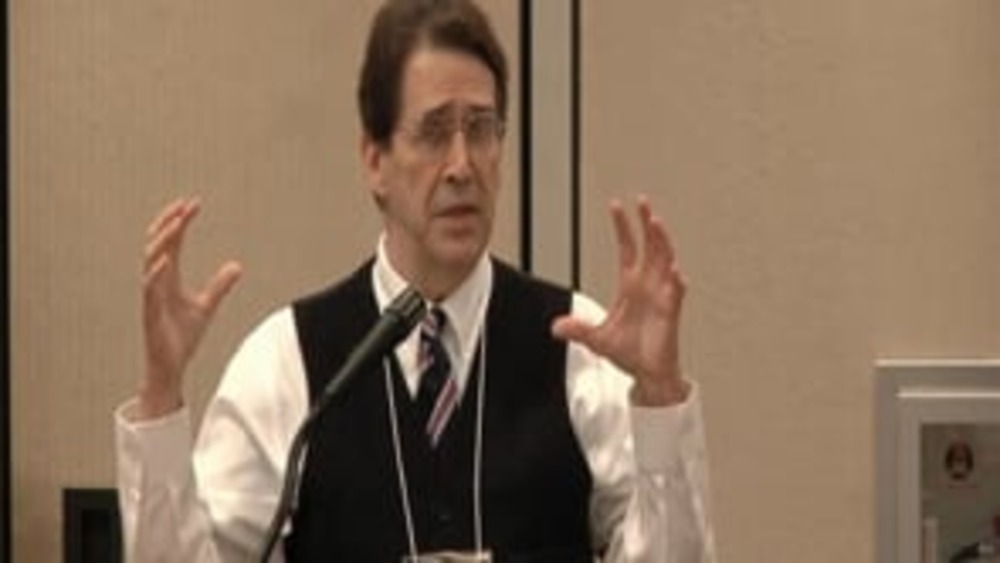Indigenous Governance Database
plenary power constitutions
Thumbnail

Frank Pommersheim: Constitutions: Powers, Implementation, and Interpretation
University of South Dakota Professor of Law Frank Pommersheim discusses the fundamental difference between a plenary power constitution and a reserved or enumerated powers constitution, and recommends that Native nations think very carefully about constitutional implementation and…
